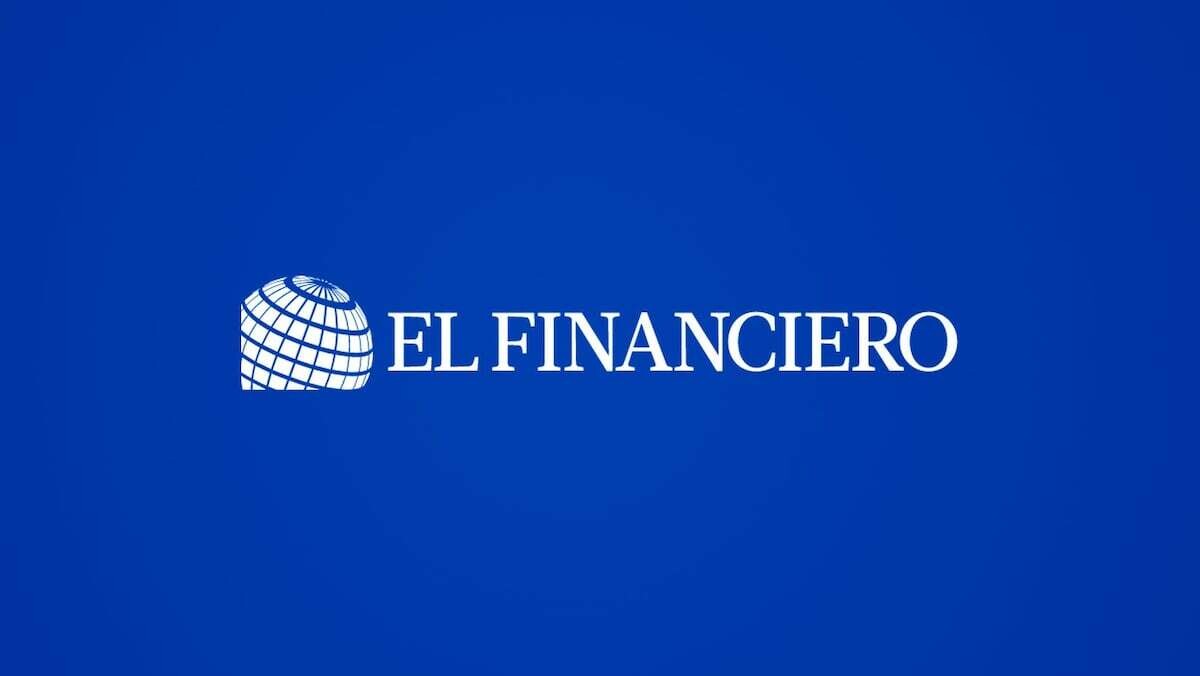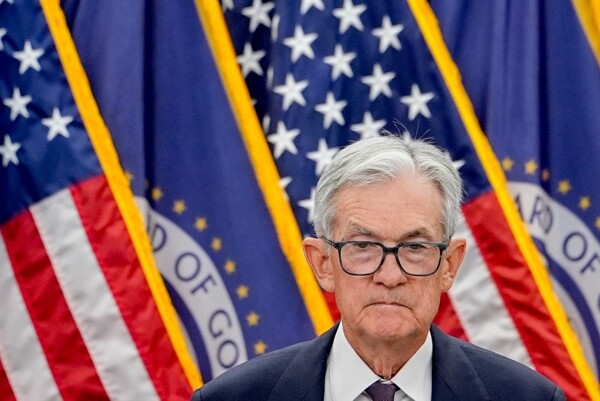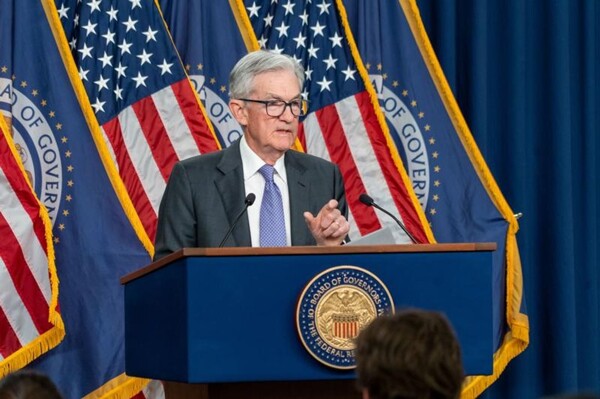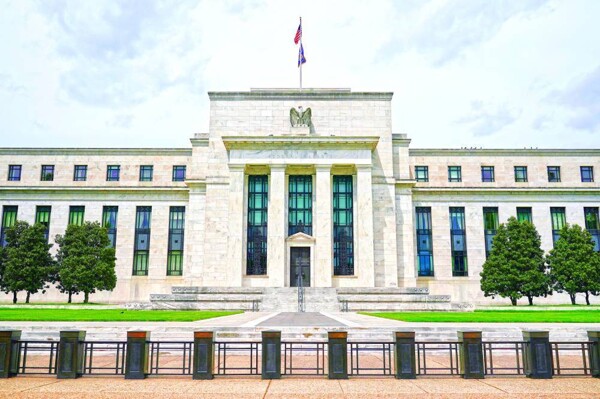
In today's world, the leaders of Russia and China, Xi Jinping and Vladimir Putin respectively, have permanently consolidated their power, while Donald Trump is under scrutiny. This situation marks a shift in global direction, moving away from the leadership that the United States and the fundamental institutions at the end of World War II represented, such as the UN, the World Bank, and the International Monetary Fund. The transformation of the world towards authoritarian leadership figures like Xi, Putin, and now Trump is also evident in current politics.
"We are in the world of strongmen," explains an analyst regarding the role of leaders like Putin, whose mission to restore the power of imperial Russia poses a risk to humanity. Meanwhile, Trump, who admires authoritarian leaders and discredits democrats, dreams of increased Russian oil influence in the global market. The close relationship between Trump and Putin has already had implications, reflected in a slight decrease in global oil prices since their rapprochement.
This new geopolitical landscape implies a betrayal to Europe and marks a transition towards a new order of global governance, where Russia will no longer be considered an international pariah and its oil influence will grow. While Trump seeks to consolidate imperial leadership, he faces criticism for questioning Washington's traditional relationships with Europe and disregarding established democracies on the continent. In this scenario, the European Union feels abandoned by the recent collaboration between Trump and Putin, who have advanced negotiations without its participation.
Trump's stance, evidenced in his recent meeting with Putin and his actions detrimental to traditional allies, reveals an affinity for authoritarian leaders, cultural wars, and Russian oil. His criticisms of progressive policies and his preference for a hardline approach to issues like gay marriage and abortion position him as a defender of so-called "traditional values." This new global dynamic has triggered a break in transatlantic relations, with the European Union seeing its alliance with the United States compromised after decades of cooperation.
Amid this paradigm shift, the bond between the United States and Europe is fractured, as Trump aligns more with leaders like Putin and adopts more radical stances on social and political issues. The new direction in international politics concerns traditional U.S. allies, who see transatlantic ties weakening after decades of cooperation.














